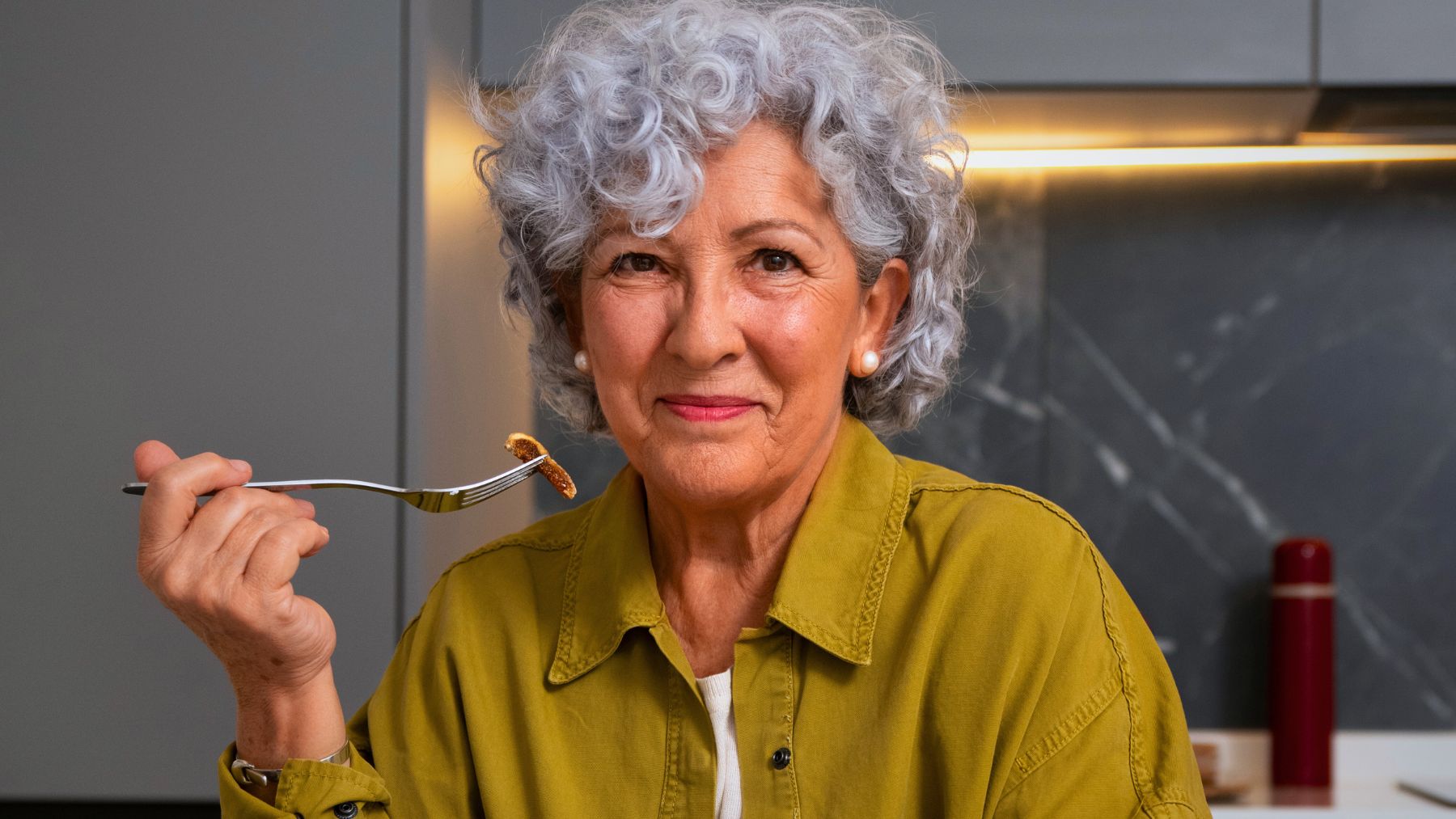Ultra-processed foods may have more damaging effects than you might expect. Harvard experts point to new research suggesting that these convenient options could actually shorten seniors’ lifespan. While many already understand that a diet high in heavily processed items is far from ideal, this study introduces further data.
Here, we’ll present the key findings of the study and explain why some everyday foods may pose health risks to those over 60. We’ll also offer healthy alternatives for seniors who want to improve their diet without sacrificing flavor or convenience. Let’s begin.
Study results: the impact of ultra-processed foods
The study, presented at the American Society for Nutrition’s annual meeting, analyzed data from the NIH-AARP Diet and Health Study, a massive research project that followed over half a million adults, aged 50 to 71, for nearly 23 years. Researchers employed a unique scoring system to evaluate diets based on their level of processing. They found that seniors with diets high in ultra-processed foods were 10% more likely to die during the follow-up period, particularly from heart disease and diabetes.
Ultra-processed foods are those that have been extensively modified from their natural state and often contain additives, artificial flavors, and preservatives. Common examples include sugar-sweetened beverages and processed meats like hot dogs, sausages, and deli meats. These items tend to be low in nutritional value while being high in unhealthy fats, salt, and sugars. Research shows that regularly consuming these foods can lead to a poorer diet and a higher body mass index, both of which can contribute to long-term health risks.
Healthier diet alternatives for seniors
Switching to healthier options does not mean sacrificing flavor or convenience. Consider these ideas for making better choices:
- Fresh fruits and vegetables: Replace sugary drinks and processed snacks with a colorful variety of fruits and vegetables, which are rich in vitamins, minerals, and fiber.
- Whole grains: Substitute refined grains with whole-grain alternatives such as brown rice, quinoa, or whole-wheat bread. These choices provide more nutrients and help stabilize blood sugar levels.
- Lean proteins: Instead of processed meats, opt for lean protein sources like chicken, turkey, fish, or plant-based proteins such as beans and lentils, which supply essential nutrients without excessive sodium and preservatives.
- Nuts and seeds: A handful of almonds, walnuts, or sunflower seeds delivers healthy fats that help lower bad cholesterol and support brain function.
- Dairy or dairy alternatives: Choose low-fat dairy products or fortified non-dairy alternatives that supply adequate calcium and vitamin D to help maintain bone strength.
- Home-cooked meals: Cooking at home allows you to control your ingredients and portion sizes. Try using fresh herbs and spices instead of relying on packaged seasoning blends loaded with salt.
By making these small swaps, seniors can create a diet that not only supports a longer life but also boosts energy and vitality. Although these changes might seem challenging at first, even minor adjustments can quickly lead to significant health improvements. Embracing whole, fresh foods provides your body with the essential nutrients it needs while helping you avoid the drawbacks of processed items.

